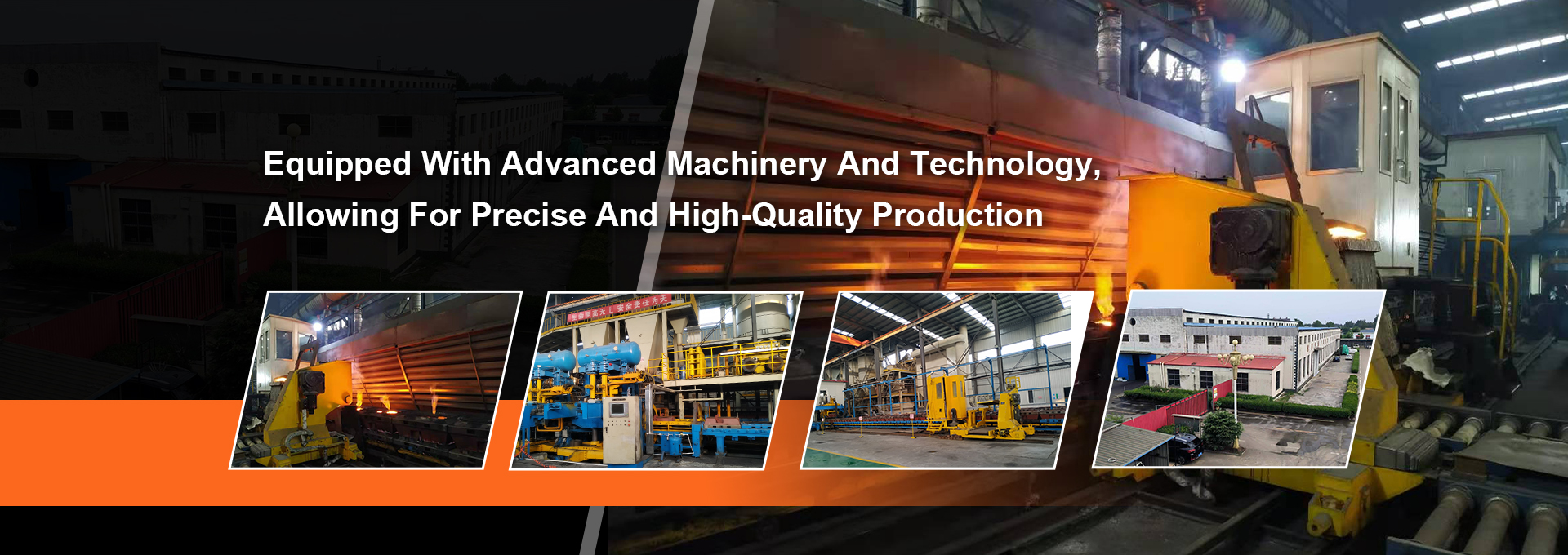
-
 Afrikaans
Afrikaans -
 Albanian
Albanian -
 Amharic
Amharic -
 Arabic
Arabic -
 Armenian
Armenian -
 Azerbaijani
Azerbaijani -
 Basque
Basque -
 Belarusian
Belarusian -
 Bengali
Bengali -
 Bosnian
Bosnian -
 Bulgarian
Bulgarian -
 Catalan
Catalan -
 Cebuano
Cebuano -
 Corsican
Corsican -
 Croatian
Croatian -
 Czech
Czech -
 Danish
Danish -
 Dutch
Dutch -
 angle
angle -
 Esperanto
Esperanto -
 Estonian
Estonian -
 Finnish
Finnish -
 French
French -
 Frisian
Frisian -
 Galician
Galician -
 Georgian
Georgian -
 German
German -
 Greek
Greek -
 Gujarati
Gujarati -
 Haitian Creole
Haitian Creole -
 hausa
hausa -
 hawaiian
hawaiian -
 Hebrew
Hebrew -
 Hindi
Hindi -
 Miao
Miao -
 Hungarian
Hungarian -
 Icelandic
Icelandic -
 igbo
igbo -
 Indonesian
Indonesian -
 irish
irish -
 Italian
Italian -
 Japanese
Japanese -
 Javanese
Javanese -
 Kannada
Kannada -
 kazakh
kazakh -
 Khmer
Khmer -
 Rwandese
Rwandese -
 Korean
Korean -
 Kurdish
Kurdish -
 Kyrgyz
Kyrgyz -
 Lao
Lao -
 Latin
Latin -
 Latvian
Latvian -
 Lithuanian
Lithuanian -
 Luxembourgish
Luxembourgish -
 Macedonian
Macedonian -
 Malgashi
Malgashi -
 Malay
Malay -
 Malayalam
Malayalam -
 Maltese
Maltese -
 Maori
Maori -
 Marathi
Marathi -
 Mongolian
Mongolian -
 Myanmar
Myanmar -
 Nepali
Nepali -
 Norwegian
Norwegian -
 Norwegian
Norwegian -
 Occitan
Occitan -
 Pashto
Pashto -
 Persian
Persian -
 Polish
Polish -
 Portuguese
Portuguese -
 Punjabi
Punjabi -
 Romanian
Romanian -
 Russian
Russian -
 Samoan
Samoan -
 Scottish Gaelic
Scottish Gaelic -
 Serbian
Serbian -
 Sesotho
Sesotho -
 Shona
Shona -
 Sindhi
Sindhi -
 Sinhala
Sinhala -
 Slovak
Slovak -
 Slovenian
Slovenian -
 Somali
Somali -
 Spanish
Spanish -
 Sundanese
Sundanese -
 Swahili
Swahili -
 Swedish
Swedish -
 Tagalog
Tagalog -
 Tajik
Tajik -
 Tamil
Tamil -
 Tatar
Tatar -
 Telugu
Telugu -
 Thai
Thai -
 Turkish
Turkish -
 Turkmen
Turkmen -
 Ukrainian
Ukrainian -
 Urdu
Urdu -
 Uighur
Uighur -
 Uzbek
Uzbek -
 Vietnamese
Vietnamese -
 Welsh
Welsh -
 Bantu
Bantu -
 Yiddish
Yiddish -
 Yoruba
Yoruba -
 Zulu
Zulu
Comparing Disc and Drum Brakes Which Offers Superior Performance and Efficiency
When it comes to vehicle braking systems, one common debate centers around which type is better disc brakes or drum brakes. Both systems have their own unique features, advantages, and disadvantages, making the choice between them a crucial consideration for car manufacturers and consumers alike.
Disc brakes have become increasingly popular in modern vehicles, particularly in higher-end and performance-oriented models. The primary component of disc brakes is a circular metal disc that rotates with the wheel. When the brake pedal is pressed, brake pads are activated to squeeze the disc and create friction, which slows down the vehicle. This design allows for better heat dissipation, making disc brakes less prone to brake fade — a condition that occurs when brakes lose effectiveness due to overheating. Additionally, disc brakes provide more consistent stopping power, which is especially important during high-speed driving or in emergency situations.
When it comes to vehicle braking systems, one common debate centers around which type is better disc brakes or drum brakes
. Both systems have their own unique features, advantages, and disadvantages, making the choice between them a crucial consideration for car manufacturers and consumers alike.On the other hand, drum brakes have their own set of benefits that make them a viable option for certain applications. Typically found on the rear wheels of many economy vehicles and older models, drum brakes consist of a hollow drum that rotates with the wheel, with brake shoes that press outward against the inner surface to create friction. One of the main advantages of drum brakes is their cost-effectiveness; they are generally cheaper to produce and install than disc brakes. Additionally, drum brakes can provide better performance in low-speed conditions, as the design allows for a self-energizing effect that can enhance braking force.
disc or drum brakes which is better

Drum brakes also tend to perform well under load, which is why they are commonly used on larger vehicles such as trucks and buses. They offer a larger surface area for braking, which can be beneficial during heavy-duty operations. Furthermore, when properly maintained, drum brakes can have a longer lifespan than disc brakes, which may require more frequent replacements of pads.
However, drum brakes do have some drawbacks. They are more prone to overheating and brake fade, especially in high-performance or high-speed situations. Their ventilation is less effective compared to that of disc brakes, which can result in decreased performance over time, particularly under repeated heavy braking. Maintenance can also be more challenging due to the complex internal mechanism, requiring specialized knowledge and tools.
In conclusion, the choice between disc brakes and drum brakes depends largely on the specific requirements of the vehicle and its intended use. For performance and safety, especially in wet conditions and at high speeds, disc brakes are generally the superior option. However, for cost-conscious consumers or for vehicles primarily used for low-speed driving and towing, drum brakes can still provide adequate performance. Ultimately, understanding the strengths and limitations of each system can help drivers make informed decisions that best suit their needs.
-
What Are Drum BrakesNouvèlJul.07,2025
-
Understanding Brake Drum MaterialNouvèlJul.07,2025
-
Semi-Trailer Brake Drum: A Key Component for Extreme Loads and Long-Distance TransportNouvèlJul.07,2025
-
Drum Brake Pads for SaleNouvèlJul.07,2025
-
Brake Drums for SaleNouvèlJul.07,2025
-
Brake Drum ManufacturerNouvèlJul.07,2025
-
Aluminum Brake Drums: The Future of High-Performance CarsNouvèlJul.07,2025
